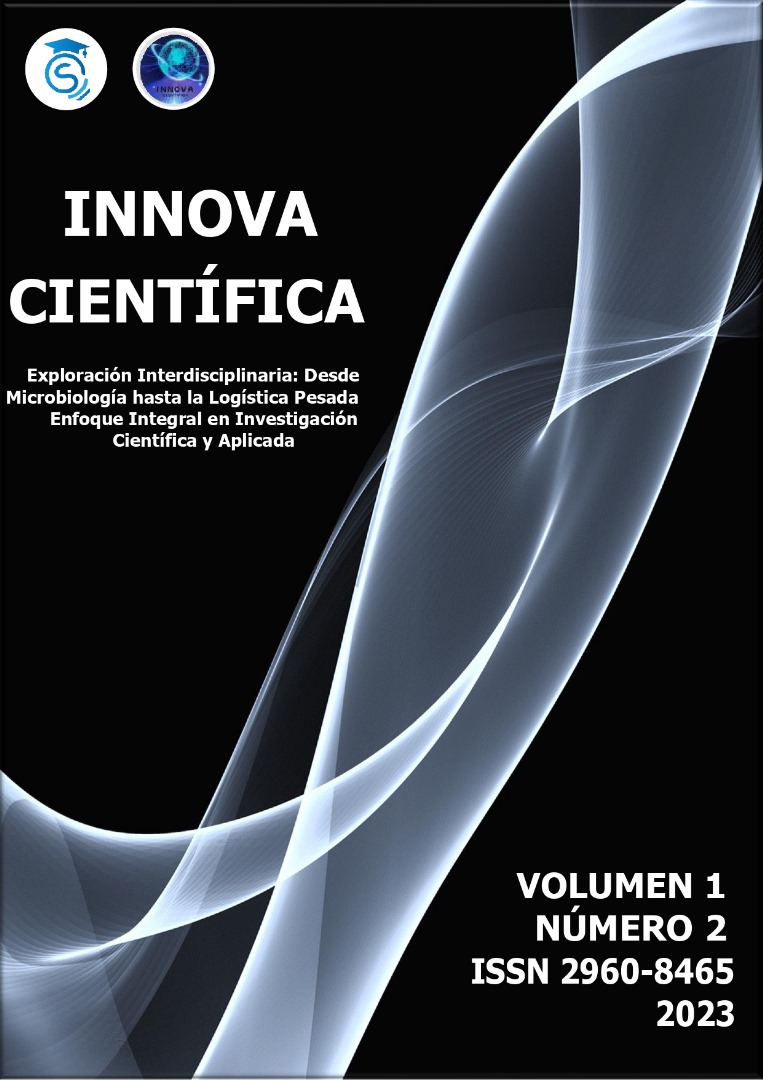CHARACTERIZATION OF THE BIODIVERSITY AND ECOLOGY OF THE AMAZON RAINFOREST
Keywords:
Amazon Rainforest, Characterization, Biodiversity, EcologyAbstract
The research focuses on exhaustively characterizing the biodiversity of the Amazon Rainforest, identifying the main species, their ecological interactions and their distribution. In addition, the impact of external factors such as climate change, deforestation and other human activities on the ecology and biodiversity of the region is analyzed. Specific objectives include the identification of key species and their ecological roles, the examination of networks of interactions between species, and the evaluation of the impacts of anthropogenic threats on Amazonian biodiversity. The research contributes to the field of ecology by combining quantitative and qualitative data to provide a detailed interpretation of the current situation of the Amazon Rainforest. The importance of a qualitative analysis is highlighted to understand the human dimensions of the region's ecology, including the perception and strategies of local communities to coexist sustainably with the ecosystem. Likewise, the relevance of traditional conservation and resource management practices for the sustainability of the ecosystem is highlighted. The methodology used consists of a mixed approach, combining quantitative and qualitative methods. A descriptive and correlational design is used to analyze species distribution patterns, population densities and relationships between environmental variables. Additionally, ethnographic studies and interviews are carried out with local communities and researchers to understand human interactions with the ecosystem. The main results reveal the exceptional biodiversity of the Amazon Rainforest, as well as the significant challenges it faces due to anthropogenic impacts and environmental changes. A significant awareness is evident about the transformations in the ecosystem and their impacts on daily life and biodiversity. Thematic categories identified in the narratives of local communities and experts are highlighted, highlighting cultural importance, perceived environmental changes and conservation practices. In conclusion, the research highlights the complexity of the Amazon Rainforest and the need to address the environmental and social challenges for its conservation. The integration of multidisciplinary approaches, including both scientific analysis and local knowledge, is proposed as vital to the preservation of this unique ecosystem. It is proposed as a solid basis for future research and for the formulation of more effective and sustainable conservation policies.

